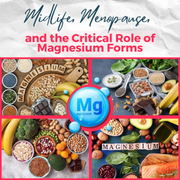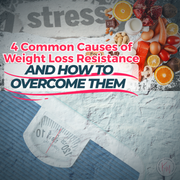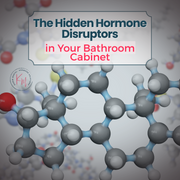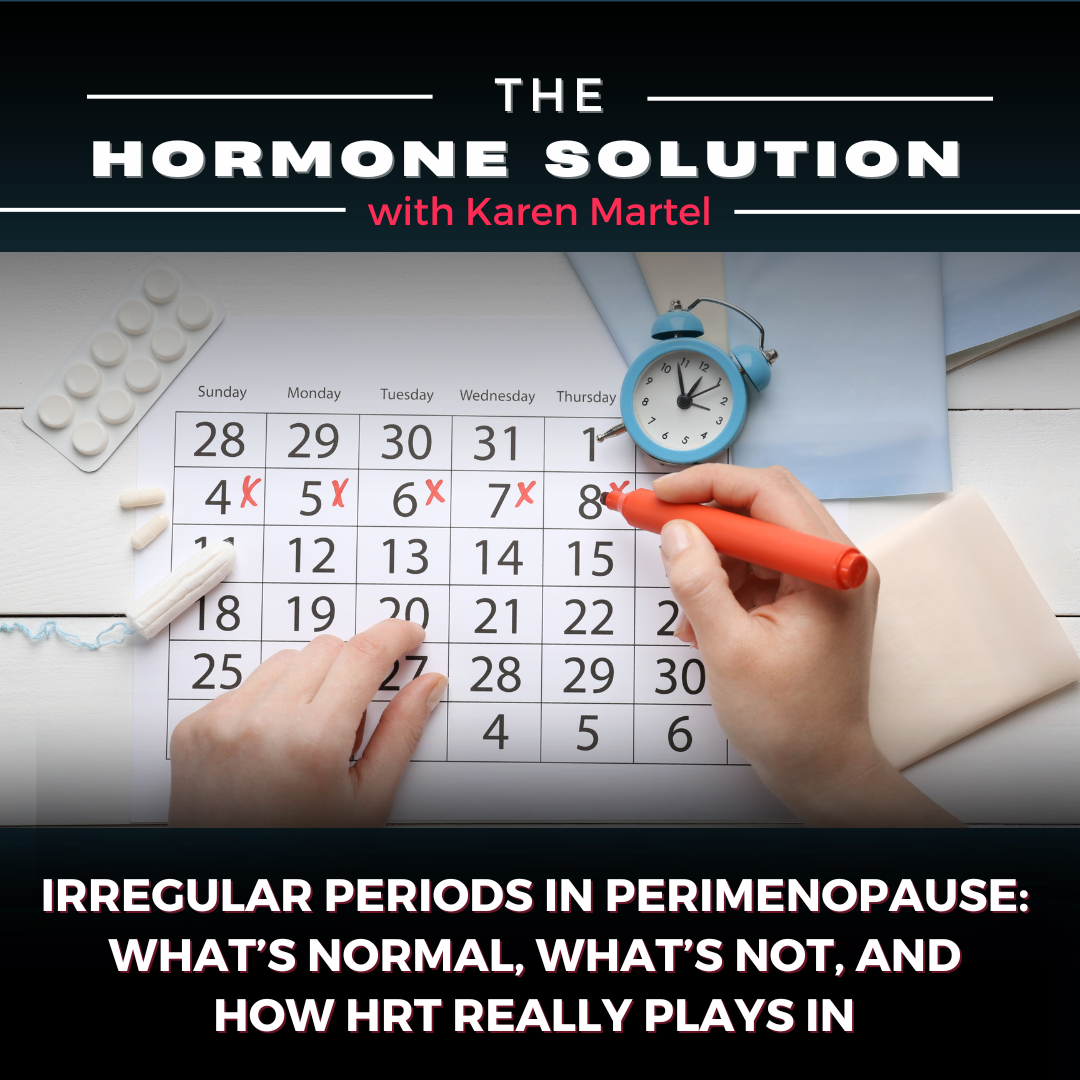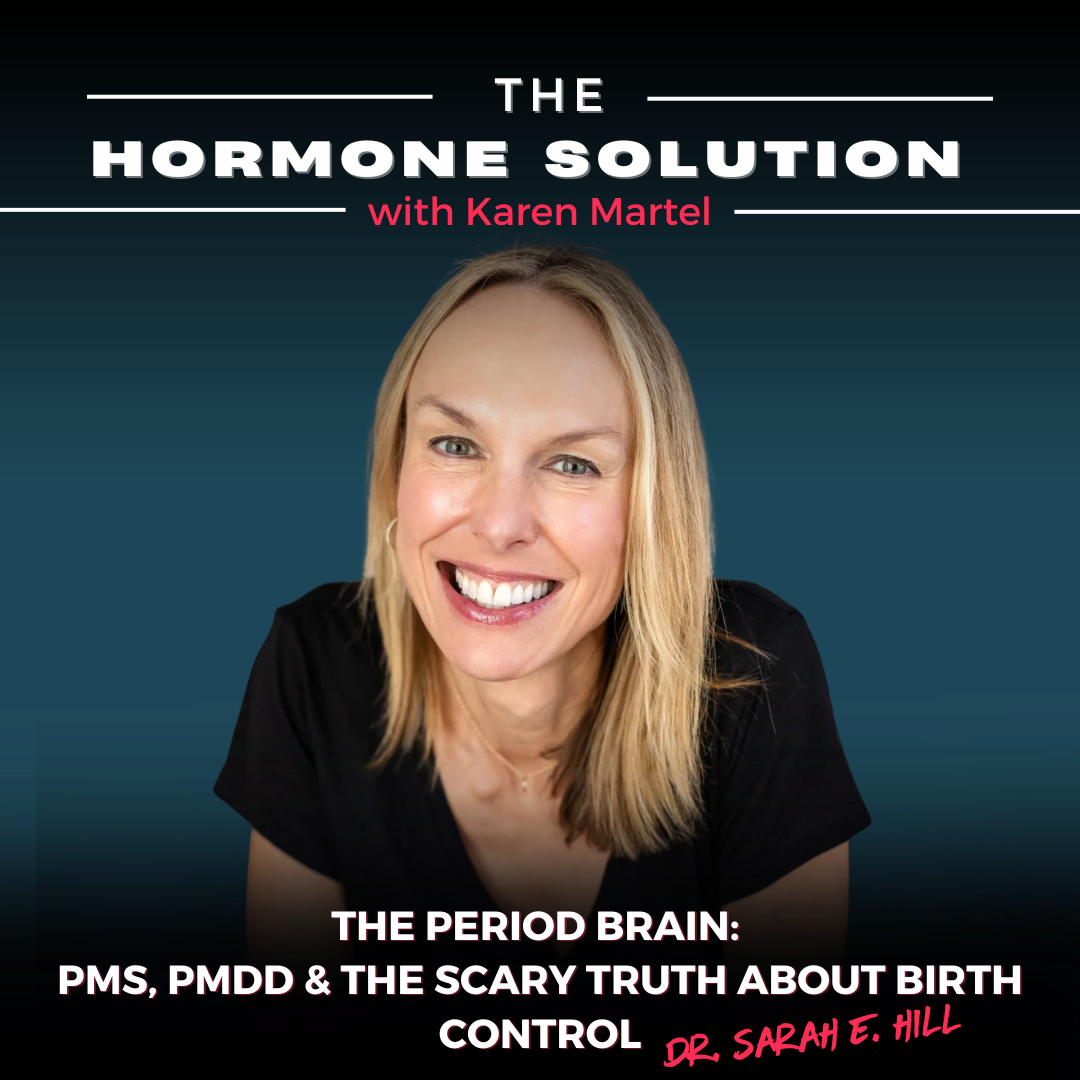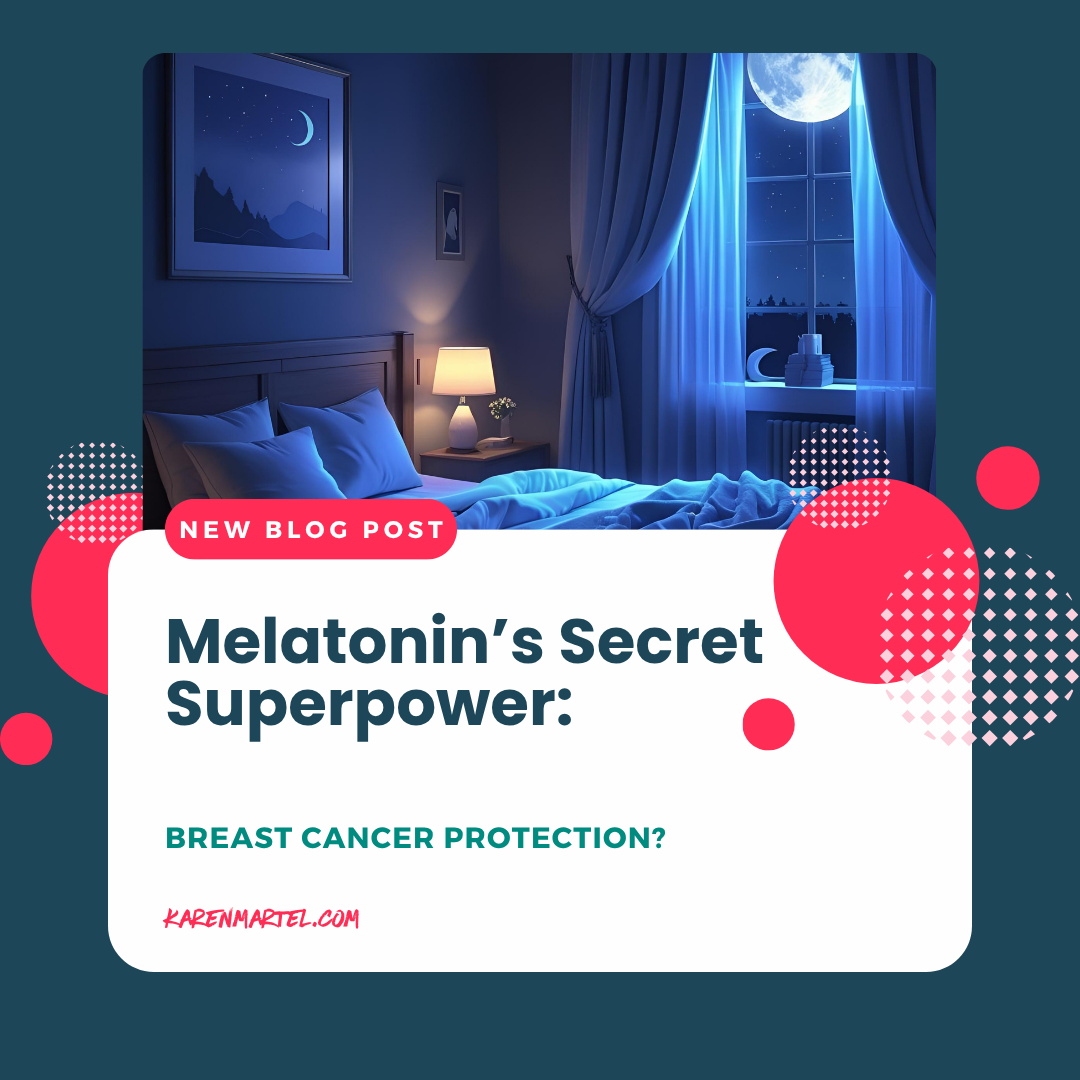
Melatonin’s Secret Superpower: Breast Cancer Protection?
Most women know melatonin as the “sleep hormone.” But beneath its calm, restful surface lies asurprisingly powerful force — one that may play a protective role in breast cancer prevention,particularly in estrogen-sensitive types.Let’s break down the fascinating science connecting melatonin, hormones, and breast health —and why this matters so much more than just getting better sleep (although that’s part of it too).
Melatonin: More Than a Sleep Aid
Produced by your brain’s pineal gland in response to darkness, melatonin regulates your sleep-
wake cycle. But it also works as:
• A potent antioxidant
• An immune system modulator
• A natural aromatase inhibitor (this part is huge for breast cancer)
Melatonin helps neutralize oxidative stress, supports immune surveillance (your body’s ability to
recognize and kill cancer cells), and directly affects estrogen metabolism — all key in cancer
prevention.
Melatonin Inhibits Estrogen Production in Breast Tissue
Here’s where it gets really interesting:
Melatonin naturally suppresses aromatase, the enzyme responsible for converting androgens
(like testosterone) into estrogens.
• It reduces aromatase activity and gene expression in breast cancer cells, surrounding
fat cells, and even blood vessel cells[1][2][5].
• It achieves this by downregulating specific gene promoters (notably promoters II, I.3,
and I.7), essentially telling those cells, “Stop making estrogen”[1][2].
• It also inhibits COX-1 and COX-2 enzymes, which lowers levels of prostaglandin E2
(PGE2) and cAMP — two molecules that normally stimulate aromatase
production[1][2].
•• Translation: Melatonin helps shut down estrogen production in local tissues, reducing the
fuel source for hormone-sensitive tumors.
Lab Evidence: Melatonin’s Anti-Cancer Effects
• In vitro (test tube) and animal studies show melatonin slows breast cancer cell growth,
promotes healthy cell death (apoptosis), and may even enhance the effectiveness of
tamoxifen, a common breast cancer drug[2][3][5].
• Primate studies and human tissue models demonstrate melatonin’s role in blocking
estrogen-driven cell proliferation — which is crucial in hormone-positive breast
cancers[2][4].
• While more clinical trials are needed in humans, the lab data is compelling: melatonin
appears to be a powerful anti-estrogenic, anti-proliferative agent[1][2][5].
Poor Sleep = Higher Breast Cancer Risk?
There’s also a well-established connection between disrupted sleep and breast cancer:
• Night shift workers and women exposed to light at night have lower melatonin
levels and higher breast cancer risk[8].
• Chronic insomnia, jet lag, and late-night screen use can suppress melatonin production —
which means less protection for your cells when they need it most.
This is a wake-up call (pun intended): sleep is cancer-prevention self-care.
Should You Supplement with Melatonin?
If you’re over 40, chances are your melatonin levels are already declining. Add in stress, blue
light, and hormonal fluctuations, and it’s a recipe for low melatonin and poor sleep.
Supplementation may help with:
• Sleep quality and latency
• Estrogen balance in hormone-sensitive tissues
• Support during hormone therapy or after cancer treatment (always talk to your provider)
Typical doses for sleep range from 0.3 to 3 mg, with lower, time-released options mimicking the
body’s natural production best.
Bottom Line: Melatonin Is a Midlife Must-Have
This little hormone is pulling double duty—helping you sleep while also protecting your cells.
It’s a natural aromatase inhibitor, an antioxidant, and a potential ally in estrogen-dependent
cancer prevention.
Whether you’re in perimenopause, postmenopause, or managing hormone therapy, melatonin
isn’t just about better sleep. It may be one of your most powerful tools for breast health,
hormonal balance, and long-term resilience.
Check out our Progesterone Melatonin Transdermal Oil!
Sources:
1. Melatonin inhibits aromatase promoter expression – PMC
2. Melatonin as an Oncostatic Molecule – PMC
3. Pharmacological doses of melatonin and breast cancer – Nature
4. Anti-aromatase effect of melatonin and resveratrol – ScienceDirect
5. Melatonin modulates aromatase in breast tissue – Spandidos
6. Melatonin’s role in joint pain from AIs – ScienceDirect
7. The potential anti-cancer effects of melatonin – Exploration Pub (PDF)
8. Melatonin – The ASCO Post

Find Karen Martel on Apply Podcast
Karen Martel is a Certified Hormone Specialist and Transformational Nutrition Coach dedicated to empowering women through their health journeys.
As the host of the popular podcast The Hormone Solution, Karen tackles the complexities of hormonal health, weight loss resistance, and the challenges that come with perimenopause and menopause.
Her mission is to disrupt outdated narratives surrounding women's health, providing reliable information and practical solutions that help women reclaim their vitality.
Tune in to discover how to embrace life's stages while enhancing overall well-being.

